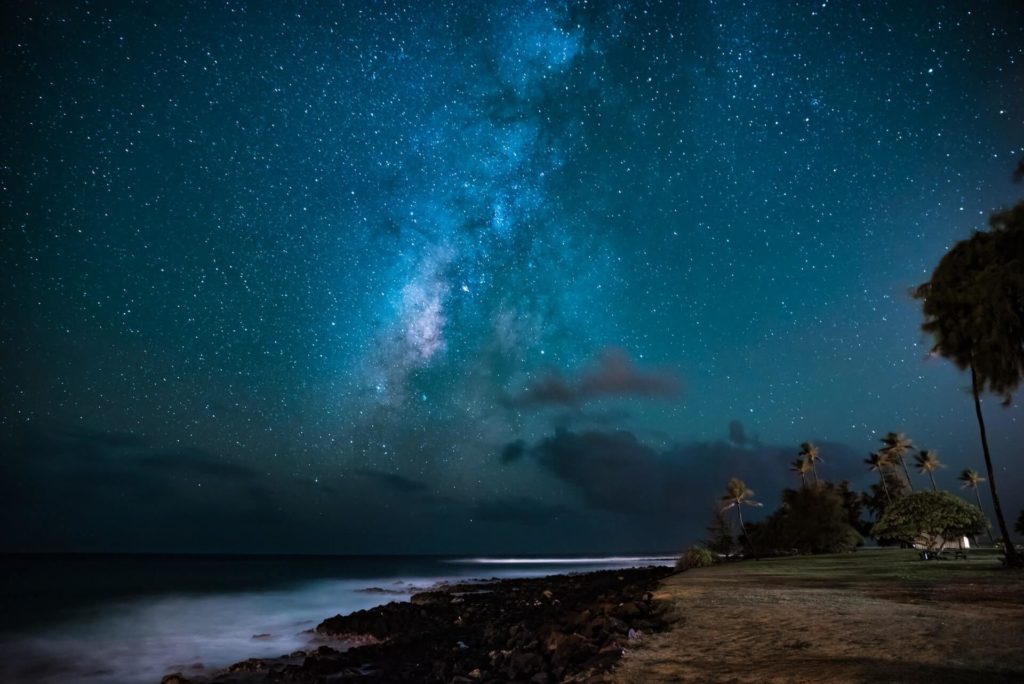11/16/20
There’s an incredible impulse in us to live
There’s a drop of soul that is a drop of the Universal Soul that’s essence is no different from the big vast source it arrived from
There’s an ocean with waves crashing on the shore endlessly, eternally
And each wave is its own, yet it does not truly cease to exist when it hits the shore
When it finally makes it, it’s absorbed right back into the massive ocean it originally delineated itself from
When I am sitting next to someone who is dying or when I am talking with someone who is caring for someone who may die soon, I remind myself “What’s not dying?”
What’s not dying? All of this person’s identities and roles are gradually dissolving back into the great big ocean of life. Mother, father, male, female, writer, dancer, joker, lover. There’s a soul inside all the roles and all the bodily functions and abilities and activities of daily life that is now on the ascendent and that is alive and well.
There’s a person caring for the dying, who must intimately witness the crash of the wave, the dissolution of a life. And there’s a time when I must cease to attempt to write about it so that I may commune with souls who are in this experience and who are wanting to be able to discuss this phase of life that can feel just like chaos and the falling apart of all we know as reality.
The moment it all began was when I ran to my dad’s bedroom where he slept and on the way I danced, skipped, bounced to tell him “she did it!”
The moment it all began was when all the pain and struggle and labor dissolved into my mom’s final breath as she exhaled her last one as I held her and I felt her body grow cold in my very own arms. All the grimaces, the fears, the ominous unknowns of how it would happen, how long it would take, and how much pain she would have to endure exited the stage as her face became peaceful, the room filled with love, and the struggle was finally over.
There’s this struggle before the dying when someone is sick but it’s not a done deal. There’s a chance he or she could get better even though they’re very sick. And at this delicate time, this precious, sacred time – bringing up the possibility of not getting better can feel like giving up. Merely the thought of mentioning that chance that this illness could be what takes them seems like a threat to the sliver of a possibility that it may not.
This is the time when talking to someone can be a game changer. Talking to someone about it all and getting clear on the what if’s that are already swirling in everyone’s heads and hearts can bring relief. And if and only if this person who is sick begins to have more bad days than good ones and it feels likely that it may be his or her time, there is a whole crew of people who have walked this path who can help. Talking with someone can help you personalize and de-medicalize one of the most sacred phases of life. Coming out of reaction and into acceptance doesn’t happen all at once. It’s a gradual reveal. However, if there is just one person present who can breach the topic of death and ‘what if this is it’ whether it be the person who is sick, a friend, or the person whose role is to care for them, it can change the entire experience. It can literally allow people to reclaim their life, gain time, and create meaningful, loving moments together with the time they still have.
The second death I ‘companioned’ was the death of my 88 year old neighbor who became my dear friend. I was speaking to him about how I cared for my mom when she was dying and we had that look at each other – a silent, knowing kind of glance. A few weeks later he was diagnosed with terminal liver cancer and once again, the look. I wrote in a card to him as a welcome home when he arrived back from the hospital, “I’m in it with you for the long haul.” And he knew what I meant.
I loaned books about death to his family members, a dialogue notebook was set up, hospice was brought in, and arrangements were made. He progressed from needing some care, to needing 24/7 care. In the end, once on morphine for pain, he died with one of his favorite movies on, in his bed that he had us place just so, allowing him to look out the window as he grew weaker. His son-in-law also entered his room at the exact moment he was on his way, miraculously able to wish him well on his journey. The orchestration of it all was just as astounding as my mom’s death. And so it was with the next death I supported, and the ones after that. What’s wild is how people who do this work have begun calling themselves death doulas and end-of-life midwifes, yet the more death I experienced the more I came to sense death does not exist and there is no end of life.
